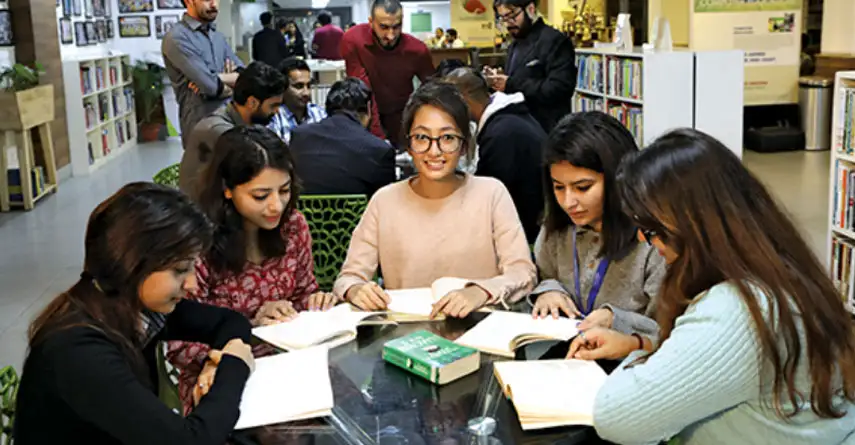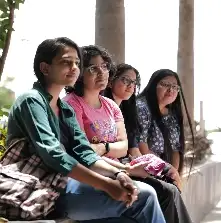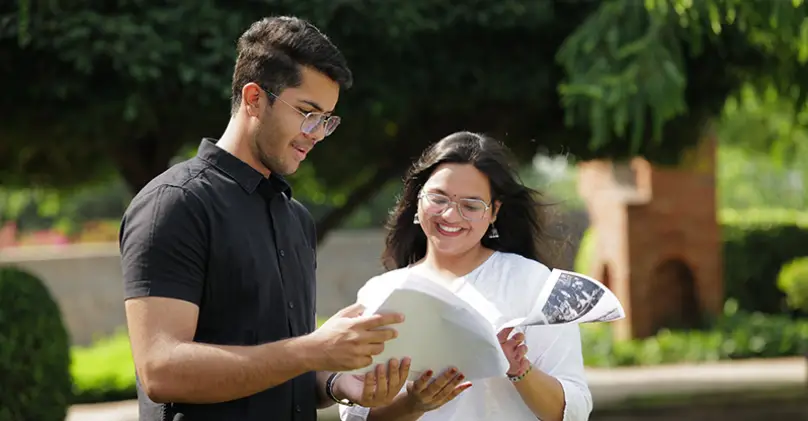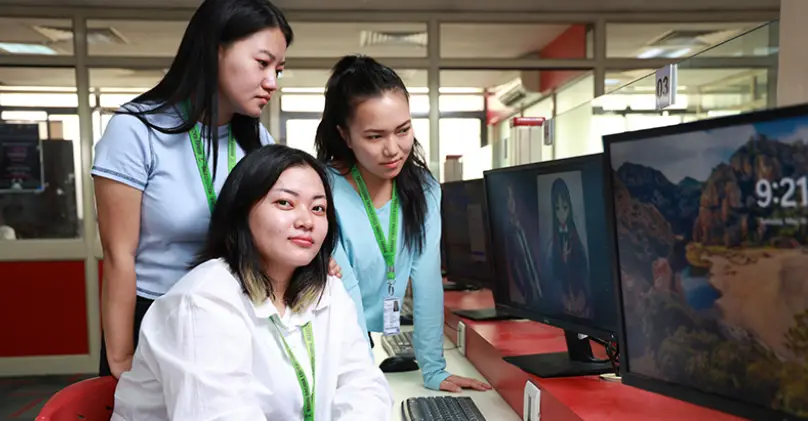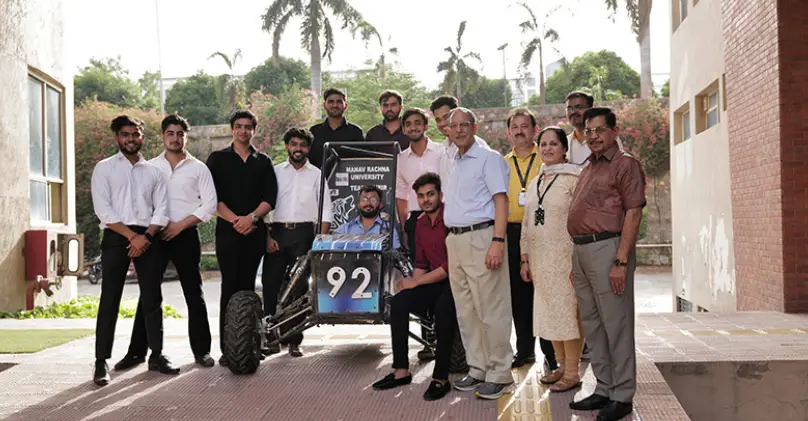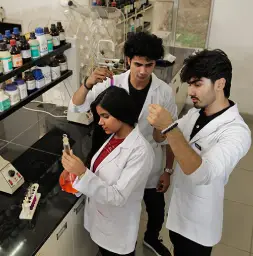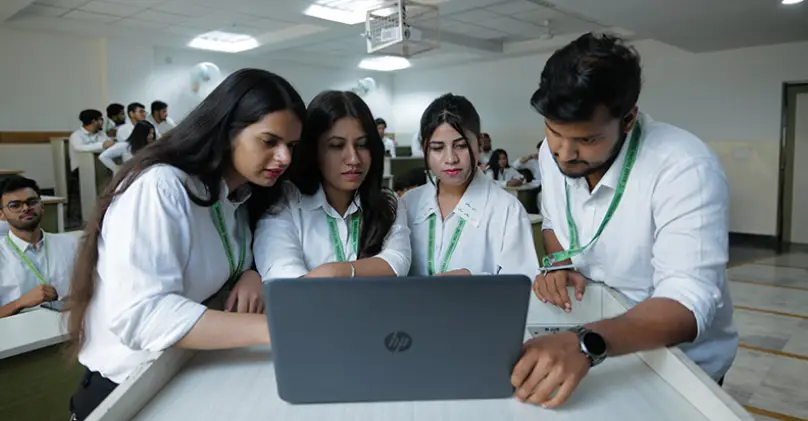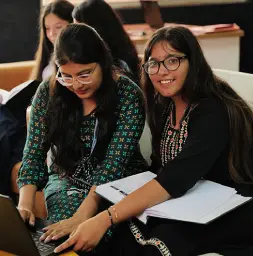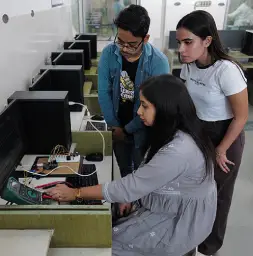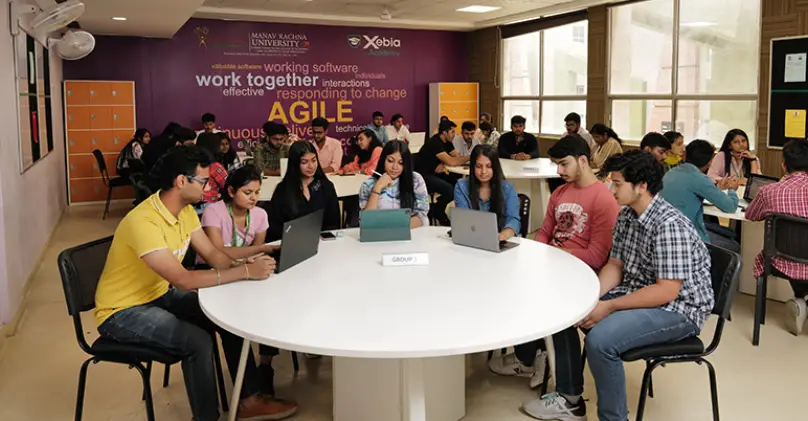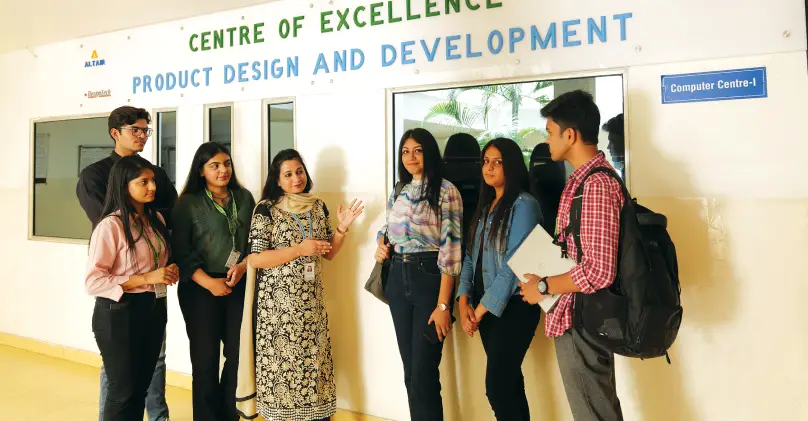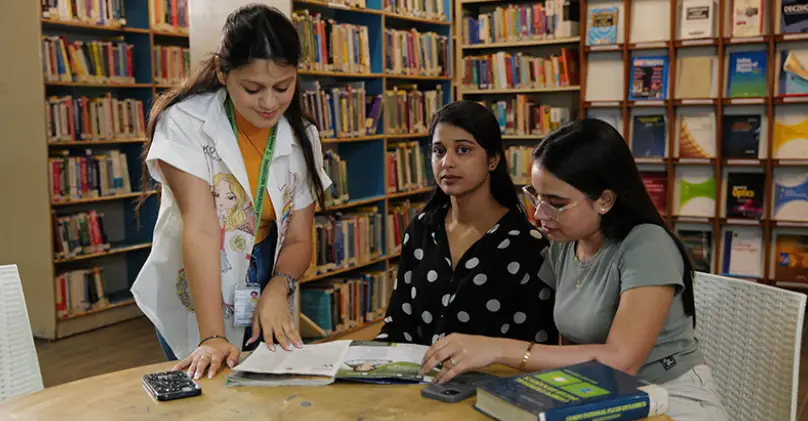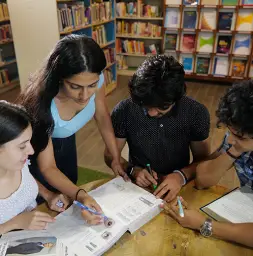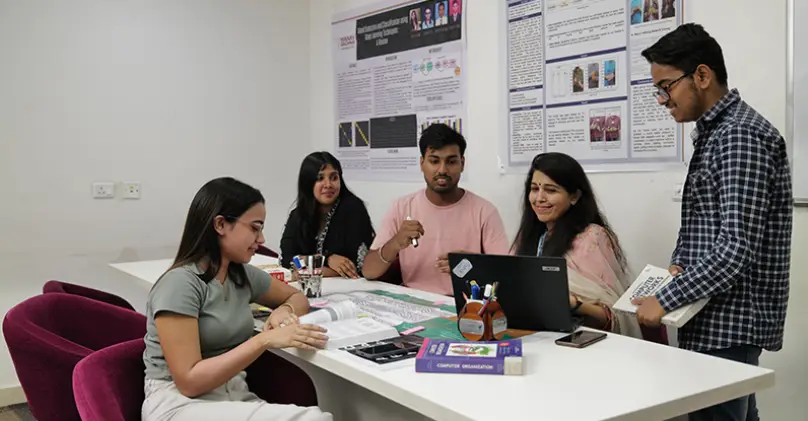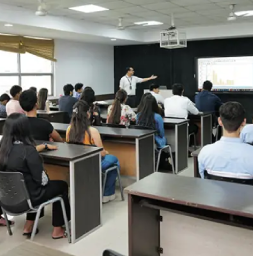In research, information comes in varied formats and types of resources are at times formal while others are informal. They are also classified as primary and secondary sources. A researcher needs access to such resources in order to plan research work. At university, Library and computational resources are an integral part of research and provides one on one timely update resource.
The university Library and staff will make efforts to accommodate such needs of researchers and help them to dig information as per their interest and research demand with print resources, digital resources and database subscription, which would be accessible 24X7 through remote digital access.
.png)
